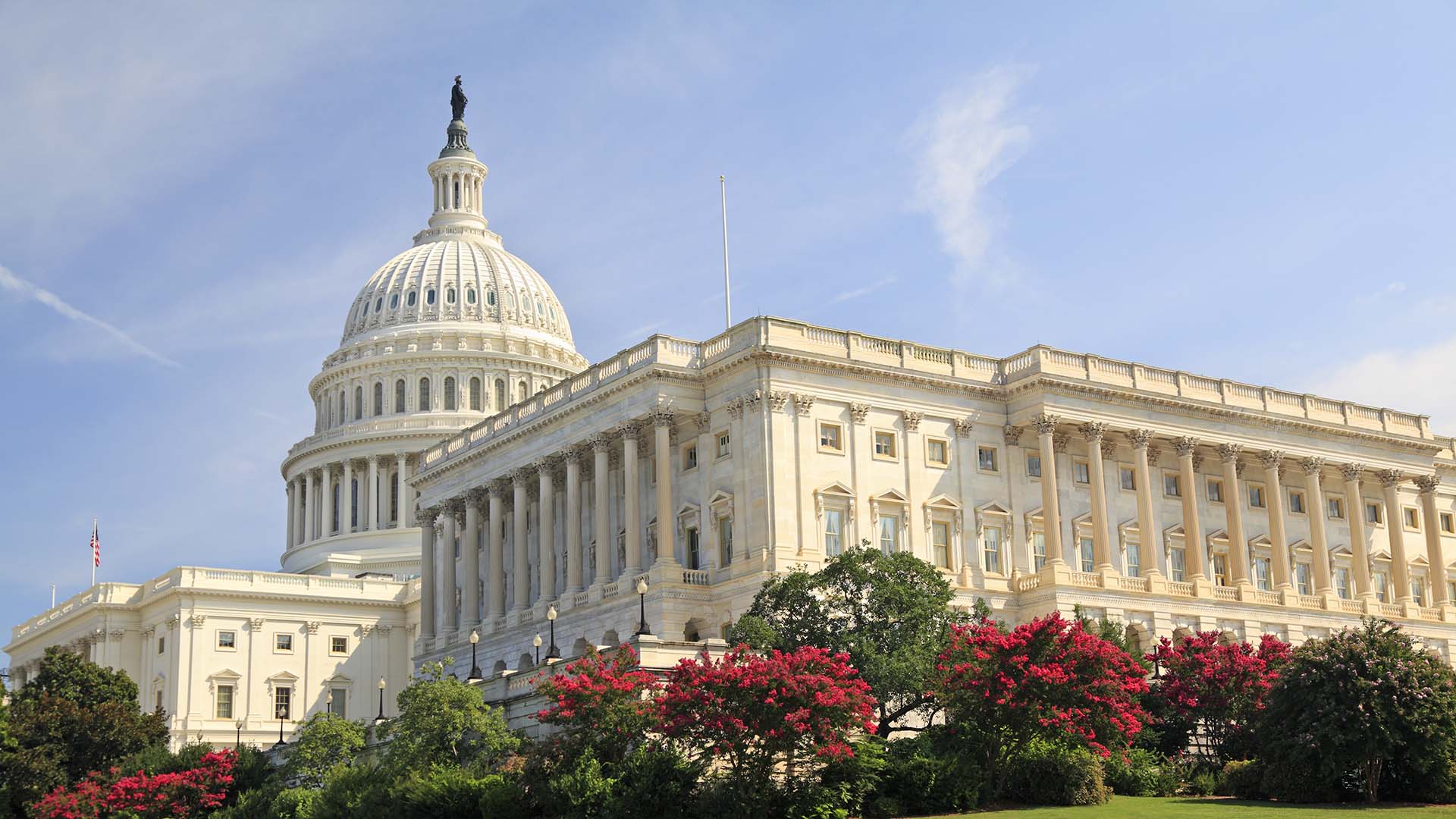Continuing a recent trend of judicial skepticism towards public-corruption prosecutions based on the deprivation of intangible interests like the right to "honest services," the US Supreme Court last week unanimously reversed two criminal convictions of officials in the administration of former New York Governor Andrew Cuomo.
In both cases, the Court rejected the government's expansive theories of fraud and emphasized that criminal liability for public corruption under the federal wire fraud statutes generally cannot rest on novel intangible interests (that is, those that were not recognized at the time of the statutes' enactment) or extend beyond actual government officials, absent proof of a relationship or agreement by which a non-official can come to owe duties to the public. Rather, the Court signaled future prosecutions should either closely follow the Court's precedents on honest-services fraud or identify tangible property obtained through fraud.
Louis Ciminelli was convicted under the federal wire fraud statute for his role in an alleged scheme to improperly obtain government contracts related to then-Governor Cuomo's "Buffalo Billion" initiative, which aimed to invest US$1 billion in development projects in upstate New York. Fort Schuyler Management Corporation (Fort Schuyler), a nonprofit affiliated with the State University of New York (SUNY), administered the bidding process. In 2013, Ciminelli allegedly conspired with a lobbyist and a Fort Schuyler official to rig the bidding process by ensuring that Ciminelli's construction firm would be treated as a "preferred developer" for the Buffalo projects, thereby effectively guaranteeing the award of contracts to the firm.
Ciminelli was subsequently convicted under the federal wire fraud statute, which criminalizes the use of interstate wires for "any scheme or artifice to defraud, or for obtaining money or property by means of false or fraudulent pretenses, representations, or promises." 18 U.S.C. Ciminelli's appeal focused on the Department of Justice's reliance on the Second Circuit's "right-to-control" theory, which presumes that, for purposes of Section 1343, "property" includes "intangible interests such as the right to control the use of one's assets." In prosecuting Ciminelli, the DOJ asserted that he deprived Fort Schuyler of "potentially valuable economic information necessary to make discretionary economic decisions," thereby impairing Fort Schuyler's right to control its assets.
In a unanimous decision by Justice Thomas, the Court held that a "right-to-control" theory cannot support liability for wire fraud under § 1343. Citing earlier precedents holding that federal fraud statutes are "limited in scope to the protection of property," the Court emphasized that the "right to control information necessary to make informed economic decisions" was not recognized as a traditional property interest when the statute was enacted. The Court also noted that after its decision in McNally v. United States, 483 U.S. 350 (1987), barred the use of mail and wire fraud statutes to protect "intangible interests unconnected to property," the only "intangible" right revived by Congress when reenacting the wire fraud statute was the right to honest services. Finally, the Court warned that treating information as a protected property interest would impermissibly "federalize" an "almost limitless variety of deceptive actions traditionally left to state contract and tort law."
The prosecution in Percoco arose from Joseph Percoco's alleged conduct in 2014, while he was serving as then-Governor Cuomo's campaign manager and not a government official. During that time, a real estate developer that was seeking state funding for a construction project allegedly paid Percoco to persuade a New York state agency to drop a costly funding precondition. After being contacted by Percoco, the state agency purportedly took this action. The DOJ later prosecuted Percoco on charges including conspiracy to commit honest-services wire fraud under 18 U.S.C. §§ 1343, 1349, and 1346, which includes schemes "to deprive another of the intangible right of honest services."
Percoco's conviction required the DOJ to show that he owed a duty to provide honest services to the government and, therefore, the public. Relying on the Second Circuit's decision in United States v. Margiotta, 688 F.2d 108 (2d Cir. 1982), the district court had instructed the jury that Percoco could be found to have owed such a duty if (1) he "dominated and controlled any governmental business" and (2) "people working in the government actually relied on him because of a special relationship he had with the government."
The Court held that this standard was overly vague and did not define the duty so that "ordinary people can understand what conduct is prohibited," or in a way "that does not encourage arbitrary and discriminatory enforcement." Such a formulation, Court reasoned, could sweep within the statute's reach a wide range of individuals, from political party officials to "particularly well-connected and effective lobbyists" to simply "wise counselors"—none of whom owed the public a duty of honest services under Margiotta.
Concurring in the judgment only, Justice Gorsuch (joined by Justice Thomas) concluded that, despite the Court's decision, Section 1346 remains impermissibly vague as to when a duty of honest services arises. Justice Gorsuch maintained that "no one can say what sort of fiduciary relationship is enough to sustain a federal felony conviction" under the statute.
Takeaways
- The Ciminelli and Percoco decisions illustrate the Court's continuing willingness to scrutinize public-corruption prosecutions, especially where the DOJ has sought to expand the federal mail and wire fraud statutes to reach a broader range of conduct by both government officials and private citizens. For instance, in United States v. Skilling, 561 U.S. 358 (2010), the Court held that the honest-services-fraud statute extended only to alleged participation in bribery and kickback schemes, not allegations of "undisclosed self-dealing" (that is, taking official action to further one's undisclosed financial interests while purporting to act in the public interest). Similarly, in Kelly v. United States, 140 S. Ct. 1565 (2020), the Court unanimously reversed the public-corruption convictions of two New Jersey officials involved in the "Bridgegate" scandal because their alleged scheme—though an "abuse of power"—"did not aim to obtain money or property" as required by the federal wire fraud and federal-program fraud statutes.
- The Ciminelli decision in particular is a signal to prosecutors that wire fraud prosecutions based on more abstract conceptions of ill-gotten property, as opposed to traditional property interests, may not survive on appeal.
- As Justice Gorsuch observed in his concurrence, the Court in Percoco did not specify when a private citizen may be deemed to a owe a duty of honest services under the federal wire fraud statute. However, the Court preserved the DOJ's ability to charge individuals not employed by the government with honest-services fraud, noting that such persons may still enter into agreements that make them agents of the government and therefore owe a fiduciary duty to provide honest services to the public.








